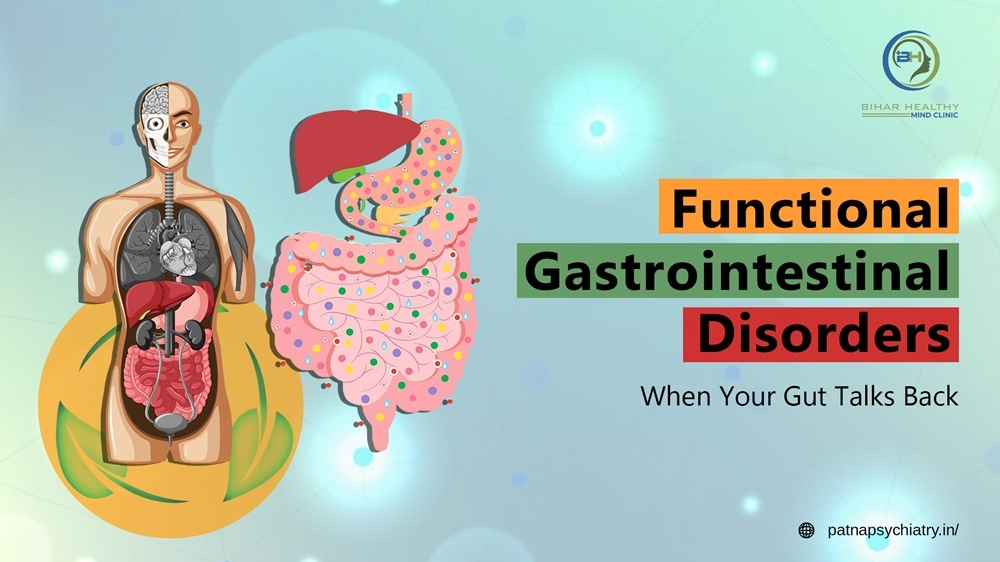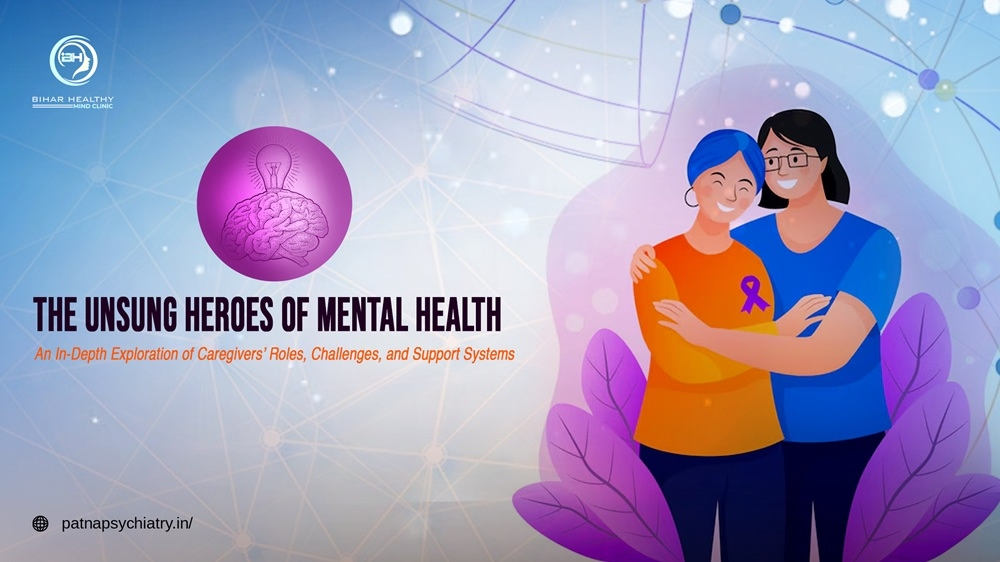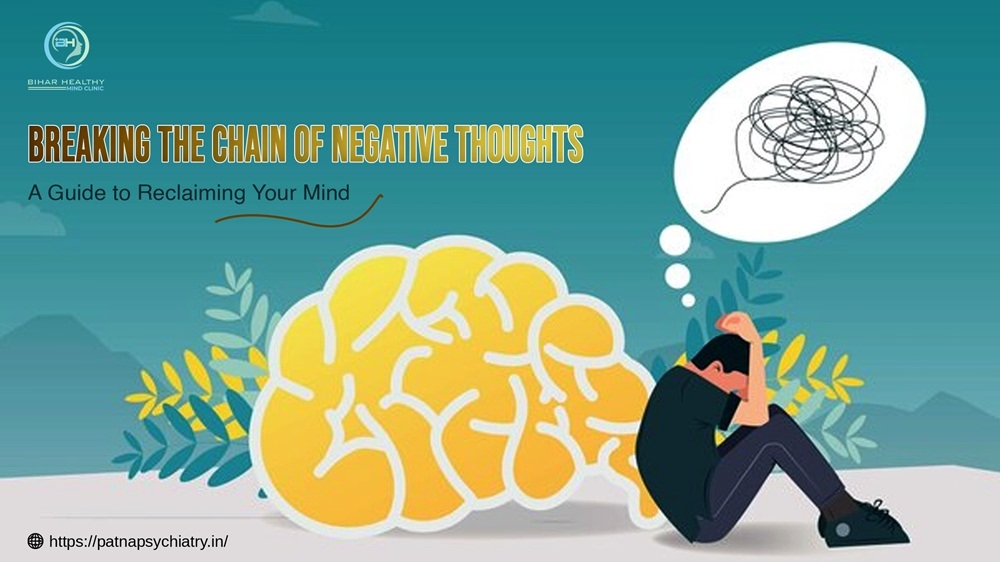Are you tired of dealing with constant stomach issues like bloating, discomfort, or irregular bowel movements, but your doctor says everything looks normal? You’re not alone! Millions of people around the world experience Functional Gastrointestinal Disorders (FGIDs), where the gut doesn’t work as it should despite no visible damage. In this blog, we break down what FGIDs are, why they happen, and most importantly, how you can manage them to live a healthier, happier life.
What Are Functional Gastrointestinal Disorders (FGIDs)?
Think of FGIDs as "gut glitches." Your digestive system looks fine under scans and tests, but it doesn’t function the way it’s supposed to. FGIDs are chronic conditions that lead to frustrating symptoms like:
- Constant bloating
- Unexplained abdominal pain
- Recurring diarrhea or constipation
- Heartburn or indigestion
The most common FGIDs include Irritable Bowel Syndrome (IBS), Functional Dyspepsia, and Chronic Abdominal Pain. If you’ve been feeling uncomfortable and dismissed, it’s time to recognize that your gut is trying to tell you something.
Why Does Your Gut Misbehave? – The Inside Story
Your digestive system is more than just a food processor; it’s a dynamic system linked to your brain, hormones, and gut bacteria. When something disrupts this balance, it triggers FGIDs. Here are the main culprits:
-
Gut-Brain Connection Gone Wrong
Your gut and brain are constantly chatting through the gut-brain axis. Stress, anxiety, or emotional disturbances can disrupt this communication, leading to heightened pain sensitivity and irregular bowel movements.
-
Gut Microbiota Imbalance
Your gut is home to trillions of bacteria (microbiota). When this delicate ecosystem is thrown off balance by diet, infections, or antibiotics, symptoms like bloating and diarrhea can occur.
-
Motility Issues – The Traffic Jam in Your Gut
Your gut muscles may contract too quickly (leading to diarrhea) or too slowly (causing constipation). These abnormal rhythms are major factors in conditions like IBS.
-
Visceral Hypersensitivity
Ever felt like you’re extra sensitive to gas or food? People with FGIDs often have visceral hypersensitivity, where their digestive system overreacts to normal stimuli.
-
Stress and Lifestyle
Modern life is stressful, and stress directly impacts your gut. Poor sleep, lack of exercise, and a stressful routine can wreak havoc on your digestive health.
Types of FGIDs: Know Your Gut’s Language
-
The Rollercoaster Ride of IBS (Irritable Bowel Syndrome)
IBS is like having a gut with mood swings. It causes chronic abdominal pain and unpredictable bowel habits:
� IBS-C: Constipation-dominant
� IBS-D: Diarrhea-dominant
� IBS-M: Mixed (both diarrhea and constipation)
Triggers to Watch Out For: Stress, certain foods (like high-fat or spicy foods), and even hormonal changes.
-
Functional Dyspepsia – The Never-Ending Fullness
If you feel bloated, too full, or uncomfortable even after eating a small meal, you might have functional dyspepsia.
� Postprandial Distress Syndrome: Uncomfortable fullness after meals.
� Epigastric Pain Syndrome: Burning or pain in the upper abdomen.
- Functional Constipation and Diarrhea
� Constipation: Struggling to pass stools or feeling incomplete after bowel movements.
� Diarrhea: Frequent watery stools that can disrupt daily life.
- Functional Abdominal Pain Syndrome – Pain Without a Cause
Chronic abdominal pain that doesn’t seem connected to meals or bowel habits is often overlooked but can be very distressing.
How to Diagnose FGIDs: It’s Not All in Your Head!
If you’ve been told that your tests are normal, but you still feel miserable, don’t lose hope. Diagnosing FGIDs involves a combination of:
- Symptom Assessment: Your doctor will use Rome IV criteria (a tool that helps identify FGIDs based on symptoms).
- Rule Out Other Issues: Tests to exclude infections, inflammation, or structural problems (like endoscopy or blood tests).
- Looking for Red Flags: Symptoms like unexplained weight loss, blood in stool, or severe pain need further investigation.
Top Strategies to Manage FGIDs and Reclaim Your Gut Health
While there’s no magic cure, managing FGIDs is possible with the right approach. Here are proven strategies to keep your gut in check:
-
Eat Smart: Food Is Your Gut’s Best Friend
� Low FODMAP Diet: This diet reduces certain fermentable carbs that can trigger symptoms like bloating and gas.
� High-Fiber Foods: Soluble fiber (like oats and psyllium) can help relieve constipation.
� Avoid Gut Triggers: Reduce caffeine, spicy foods, artificial sweeteners, and fatty meals.
� Stay Hydrated: Proper hydration helps with digestion and prevents constipation.
-
Move Your Body: Exercise for a Happy Gut
Regular physical activity improves gut motility, reduces stress, and enhances overall digestive health. Even a 30-minute walk each day can work wonders.
-
Manage Stress: Your Gut Hates Stress
� Mindfulness and Meditation: Techniques like deep breathing and mindfulness reduce stress and improve gut-brain communication.
� Yoga and Tai Chi: These activities promote relaxation and gut motility.
� Therapy: Cognitive Behavioral Therapy (CBT) and gut-directed hypnotherapy can help manage symptoms and reduce anxiety.
-
Medications: Partnering with Your Doctor
Depending on your symptoms, your doctor may recommend:
� Antispasmodics: Relieve abdominal pain.
� Laxatives or Anti-Diarrheals: For constipation or diarrhea control.
� Probiotics: Improve gut microbiota balance.
� Antidepressants: Low-dose medications like SSRIs can reduce pain sensitivity and improve gut function.
-
Listen to Your Gut: Track Symptoms
Use a symptom diary to identify what worsens your symptoms. Keeping track of food, stress levels, and bowel habits can help you and your doctor tailor the right treatment plan.
The Mind-Gut Connection: Why Mental Health Matters
Your brain and gut are best friends, and stress, anxiety, or depression can make FGIDs worse. Taking care of your mental health is a big part of managing FGIDs. Here are a few tips:
- Talk It Out: Therapy and counseling can help address stress and emotional triggers.
- Relaxation Techniques: Try mindfulness apps, journaling, or guided meditation.
- Sleep Well: Poor sleep can make gut symptoms worse, so aim for 7-8 hours of quality rest.
Take Charge of Your Gut Health – Small Changes, Big Impact
Functional Gastrointestinal Disorders can feel overwhelming, but you don’t have to suffer in silence. By combining smart eating habits, stress management techniques, and personalized medical care, you can gain control over your symptoms and improve your quality of life.
Key Takeaways:
- FGIDs are common but manageable conditions that arise from gut-brain communication issues and lifestyle factors.
- Simple changes like following a low-FODMAP diet, exercising regularly, and managing stress can make a huge difference.
- A holistic approach that addresses both physical and mental health is the key to gut wellness.
Ready to Heal Your Gut? Start Today!
Don’t ignore your gut’s signals. If you’re experiencing persistent symptoms, consult a healthcare professional to rule out other conditions and develop a personalized treatment plan. Remember, your gut health is in your hands, and small steps can lead to big improvements.
Share this blog with friends and family who might be struggling with stomach issues. Together, let’s spread awareness about gut health and help everyone live symptom-free!
TAGS: Functional Gastrointestinal Disorders , Gut-Brain Axis , Irritable Bowel Syndrome (IBS), Digestive Health, Mental Health and Gut Connection, Stress and Digestion , Low FODMAP Diet, Gut Microbiota , Healthy Minds Clinic , Psychiatrist in Patna
Disclaimer: All characters and events depicted in this blog are entirely fictional. Any resemblance to actual persons, living or dead, is purely coincidental. The content is intended for informational purposes only and should not be considered as medical advice. Always consult a qualified healthcare professional for medical concerns.






No comments yet. Be the first to comment!